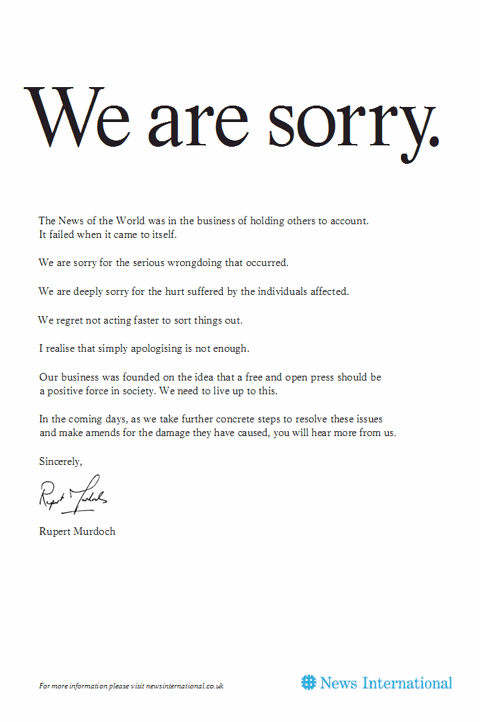
Foreign and Commonwealth Office
Boris Johnson: usually a talented delivery, but with conflicting substance.
I spotted The Death of Expertise at Unity Books, but I wonder if the subject is as simple as the review of the book suggests.
There’s a lot out there about anti-intellectualism, and we know it’s not an exclusively American phenomenon. Tom Nichols, the book’s author, writes, as quoted in The New York Times, ‘Americans have reached a point where ignorance, especially of anything related to public policy, is an actual virtue. To reject the advice of experts is to assert autonomy, a way for Americans to insulate their increasingly fragile egos from ever being told they’re wrong about anything. It is a new Declaration of Independence: No longer do we hold these truths to be self-evident, we hold all truths to be self-evident, even the ones that aren’t true. All things are knowable and every opinion on any subject is as good as any other.’
I venture to say that the “death of expertise” is an Anglophone phenomenon. Head into Wikipedia, for instance, and you’ll find proof that the masses are not a good way to ensure accuracy, at least not in the English version. Head into the German or Japanese editions and you find fewer errors, and begin to trust the pages more.
Given that many of “the people” cannot discern what is “fake news” and what is not, or who is a bot and who is not, then it’s absolutely foolhardy to propose that they also be the ones who determine the trustworthiness of a news source, as Facebook is wont to do.
I can’t comment as much on countries I have spent less time in, but certainly in the Anglosphere, I’ve seen people advance, with confidence and self-authority, completely wrong positions, ones not backed up by real knowledge. You only need to visit some software support forums to see online examples of this phenomenon.
When I visit Sweden, for instance, there’s a real care from individuals not to advance wrongful positions, although I admit I am limited by my own circles and the brief time I have spent there.
It’s not so much that we don’t value expertise, it’s that the bar for what constitutes an expert is set exceptionally low. We’re often too trusting of sources or authorities who don’t deserve our reverence. And I wonder if it comes with our language.
I’ll go so far as to say that the standing of certain individuals I had in my own mind was shattered when we were all going for the mayoralty in my two campaigns in 2010 and 2013. There certainly was, among some of my opponents, no correlation between knowledge and the position they already held in society. It didn’t mean I disliked them. It just meant I wondered how they got as far as they did without getting found out.
Fortunately, the victor, whether you agreed with her policies or not, possessed real intelligence. The fact she may have political views at odds with yours is nothing to do with intelligence, but her own observations and beliefs. I can respect that (which is why I follow people on social media whose political views I disagree with).
In turn I’m sure many of them disliked what I stood for, even if they liked me personally. Certainly it is tempting to conclude that some quarters in the media, appealing to the same anti-intellectualism that some of my rivals represented, didn’t like a candidate asserting that we should increase our intellectual capital and pursue a knowledge economy. No hard feelings, mind. As an exercise, it served to confirm that, in my opinion, certain powers don’t have people’s best interests at heart, and there is a distinct lack of professionalism (and, for that matter, diversity) in some industries. In other words, a mismatch between what one says one does, and what one actually does. Language as doublespeak.
So is it speaking English that makes us more careless? Maybe it is: as a lingua franca in some areas, merely speaking it might put a person up a few notches in others’ estimation. Sandeep Deva Misra, in his blog post in 2013, believes that’s the case, and that we shouldn’t prejudge Anglophones so favourably if the quality of their thought isn’t up to snuff.
Maybe that’s what we need to do more of: look at the quality of thought, not the expression or make a judgement based on which language it’s come in. As English speakers, we enjoy a privilege. We can demand that others meet us on our terms and think poorly when someone speaks with an accent or confuses your and you’re. It gives us an immediate advantage because we have a command of the lingua franca of business and science. It gives us the impunity to write fictions in Wikipedia or make an argument sound appealing through sound bites, hoping to have made a quick getaway before we’re found out. Political debate has descended into style over substance for many, although this is nothing new. I was saying, although not blogging, things like this 20 years ago, and my students from 1999–2000 might remember my thoughts on Tony Blair’s 1997 campaign as being high on rhetoric and light on substance. Our willingness to accept things on face value without deeper analysis, lands us into trouble. We’re fooled by delivery and the authority that is attached with the English language.
You’ll next see this in action in a high-profile way when Facebook comes forth with more comment about Cambridge Analytica. I can almost promise you now that it won’t hold water.







Great piece, Jack. My brother once summed up Anglophone anti-intellectualism as follows:
“The fundamental problem with the English-speaking world is that ignorance is not considered a vice.”
This same brother told me when I was overseas that the way to cure oneself of homesickness was to spend a few hours reading the comments on the NZ Herald website!
Hi Catherine, how nice to see you comment on my blog! I’ve approved you now so future comments will come straight through.
Your brother’s quote is very succinct and sums it up beautifully!
And that cure is foolproof! Reading Stuff might work, too—except in some cases you won’t even need to scroll down to the comments!